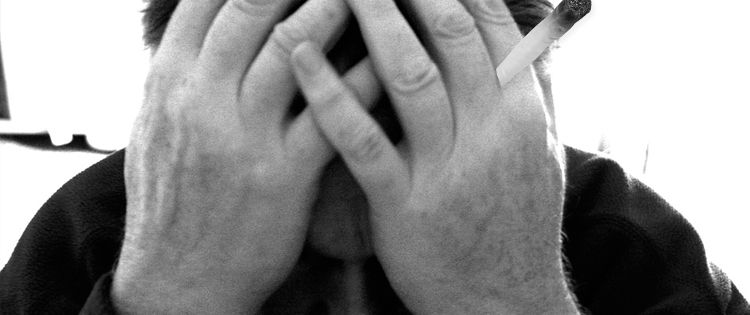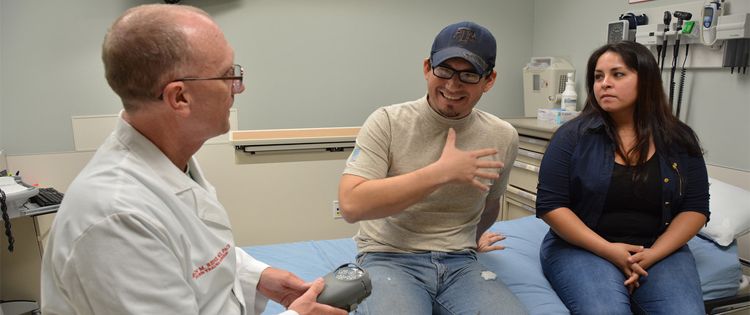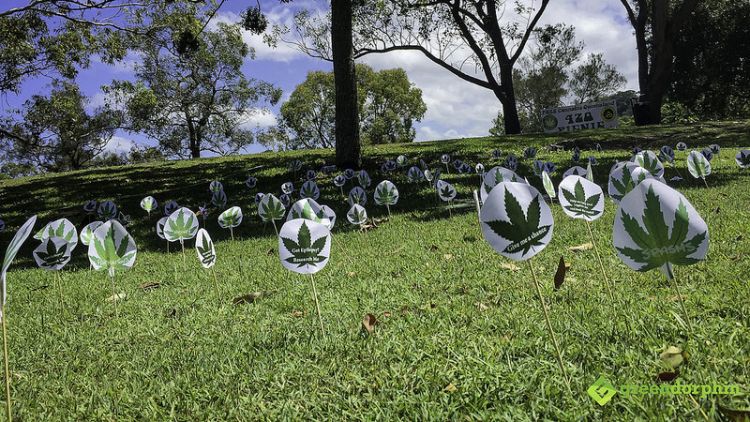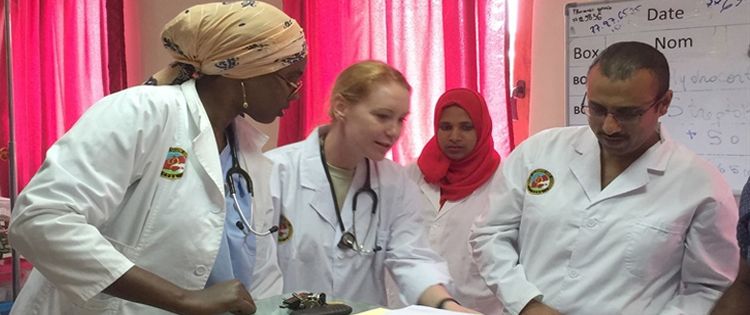The Quiet Epidemic Fueled by Doctors
While millions struggle with opiate addiction, it’s a wonder why physicians would even dare to prescribe opiates to manage a patient’s chronic pain. While there will always be a time and place for opiates, for patients suffering from chronic pain, physicians are likely doing their patients a disservice by prescribing opiates that have the potential for both addiction and overdose.
Medical cannabis presents itself as a unique alternative to chronic pain. With a long list of treatment options that can be entirely smoke-free, medical cannabis stands as a clinically validated option to manage a patient’s pain, without the potential for addiction.

So what exactly is the downside of prescribing cannabis, and why are opiates still being prescribed?
Well, there isn’t any downside, but other hurdles present itself to making cannabis a normalized part of clinical care.
Making Sense of The Cannabis Knowledge Gap
Today doctors are likely feeling lost when it comes to the complexity of dosing and prescribing medical cannabis. This is the ever-growing topic of the medical cannabis knowledge gap. Physicians, despite being the gatekeeper of medical cannabis, are likely experiencing a push from their patients to prescribe or recommend them cannabis, while being uneducated and hesitant on the topic.
Doctors are likely to admit that throughout their time in medical school, cannabis simply wasn’t part of their curriculum. They are uneducated on its therapeutic values, unsure, and wouldn’t know where to begin if a patient asks them which strain would be best suited for their wellness. Furthermore, cannabis is still new in the sphere of clinical research, especially when compared to opiates.

Cannabis is a non-traditional medicine and can’t be prescribed in the same way that opiates can be prescribed. There is no one-size-fits-all approach to cannabis, and patients often are set out on a “journey” to find what products, strains, and consumption methods work best for their condition. Cannabis, which has been so frequently tied to the harms of smoking, has been stigmatized so much so that doctors will likely shrug their shoulders when a patient requests medical cannabis.
I hope to see cannabis further normalized within society, and a viable treatment option that focuses on healing, and not intoxication. So what are the next steps?
Normalizing Cannabis and Closing the Cannabis Knowledge Gap
There comes an extensive need of clinical-decision support tools to help physicians dose, recommend, and prescribe cannabis to their patients. This is where Sail bridges the medical cannabis knowledge gap. Our software tools are designed specifically to leverage clinically validated data, and not patient-reported reported data to help physicians make decisions surrounding medical cannabis. With our tools and data that is reported through physicians, and not patients, the intimidating topic of cannabis becomes easy to understand, bringing a level of simplicity that doesn’t currently exist in the industry.
I hope to offer the medical community an avenue into wellness, allowing doctors to navigate their own cannabis journey with the goal to better serve their patients.
Winds of Change in The Healthcare Industry
I’d argue that many doctors haven’t embraced cannabis as a legitimate form of treatment, and for good reason. Call it old fashioned, but doctors are usually hesitant on adopting new treatment methods altogether. For those physicians that point to the lack of clinical evidence supporting cannabis, the knowledge base surrounding its therapeutic efficacy continues to grow in a tremendous fashion.

Over the last ten years clinical trials involving the cannabinoids THC and CBD have contributed to a library of resources and treatment options for chronic pain, PTSD, Alzheimer’s, and symptoms related to cancer treatment. It’s simply a matter of leveraging this information and placing it into the hands of doctors and pushing for the normalization of cannabis within healthcare.
My passion lays in a medical cannabis industry that allows patients access to alternative treatment methods that are free from opiates, addiction, and overdose.
I hope to contribute to the body of knowledge surrounding medical cannabis, leveraging data that pushes treatment options that can wean patients off addictive drugs, while setting them on a path towards healing.
With Sail, I’m confident I can close the cannabis knowledge gap pave the way towards global wellness.
- Closing the Cannabis Knowledge Gap - May 18, 2018


